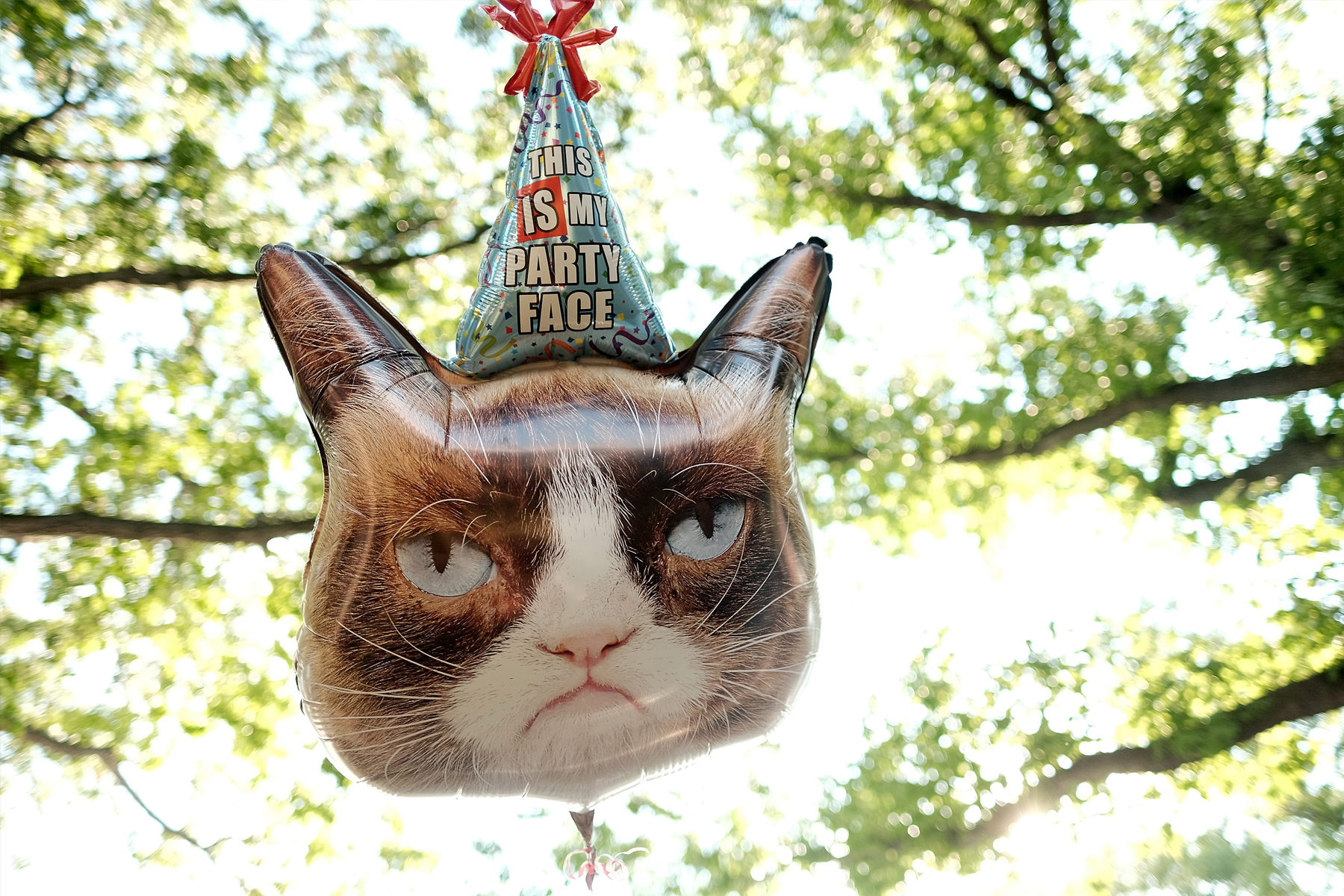Last week, an anonymous music producer released a song, “Heart on My Sleeve,” with vocals ostensibly sung by music artists Drake and The Weeknd but actually generated using artificial intelligence (AI). The track became a viral hit, in part because of the name brands associated with the project but also because of the curiosity factor. Given the ChatGPT-induced panic about AI, it is tempting to think of this as a seismic event. But we contend that no musical Rubicon has been crossed. No, AI hasn’t breached the music business yet. It is true that no A-listers were involved in the making of the hit track. It is equally true that both music fans and reviewers gave the song a thumbs-up. Some are even saying that the fake trumps the original. The crux is that the lyrics, the rhythm, the beat and the vocals could pass off as the real deal. One of us is a hit record producer and a seasoned composer, and concurs. The end product is entertaining and passes a music Turing test of sorts: it elicits an emotional reaction in the listener. What happened next surprised no one. Hell hath no fury like a recording label scorned. The music label in this case, Universal Music Group (UMG), maintains that the music track violates the copyrights that it owns. After all, the AI was trained on its data — UMG’s copyrighted music. It is no surprise that the offending song was promptly deleted from streaming platforms and social…AI-generated music is officially a hit — how will it change the music industry?

The Blog Experiment | Technology Nonsense and Internet Tripe
Hey you read it. We didn't make you read it.